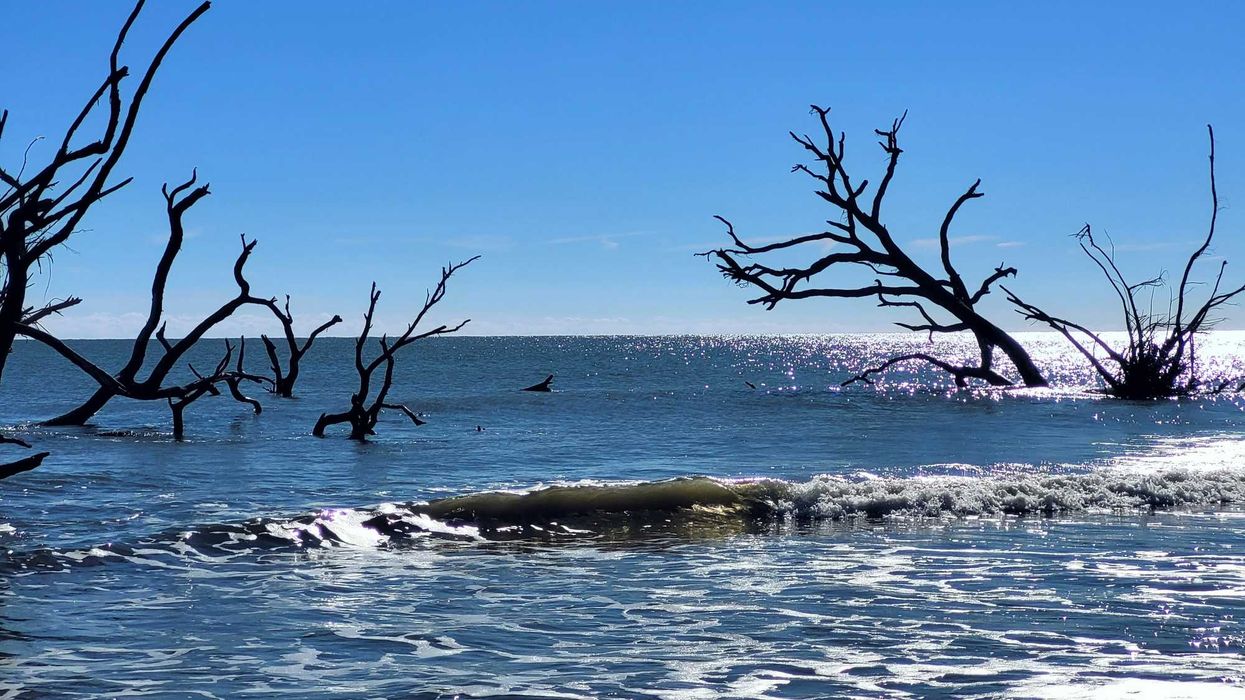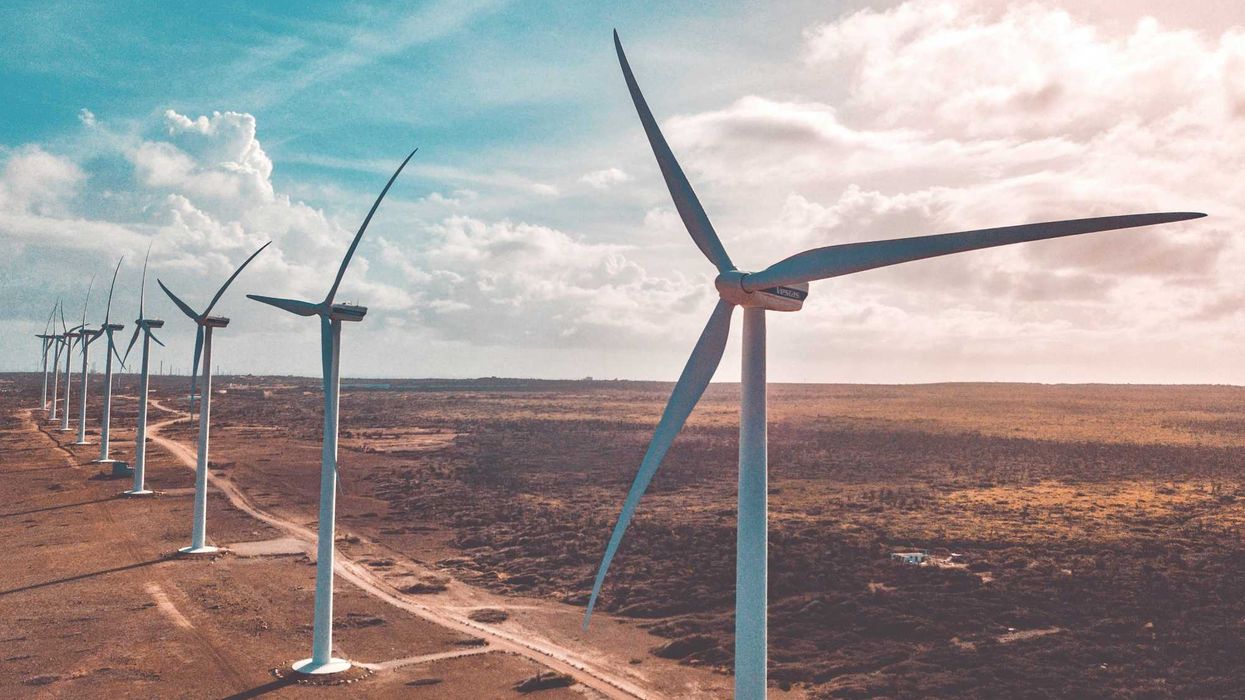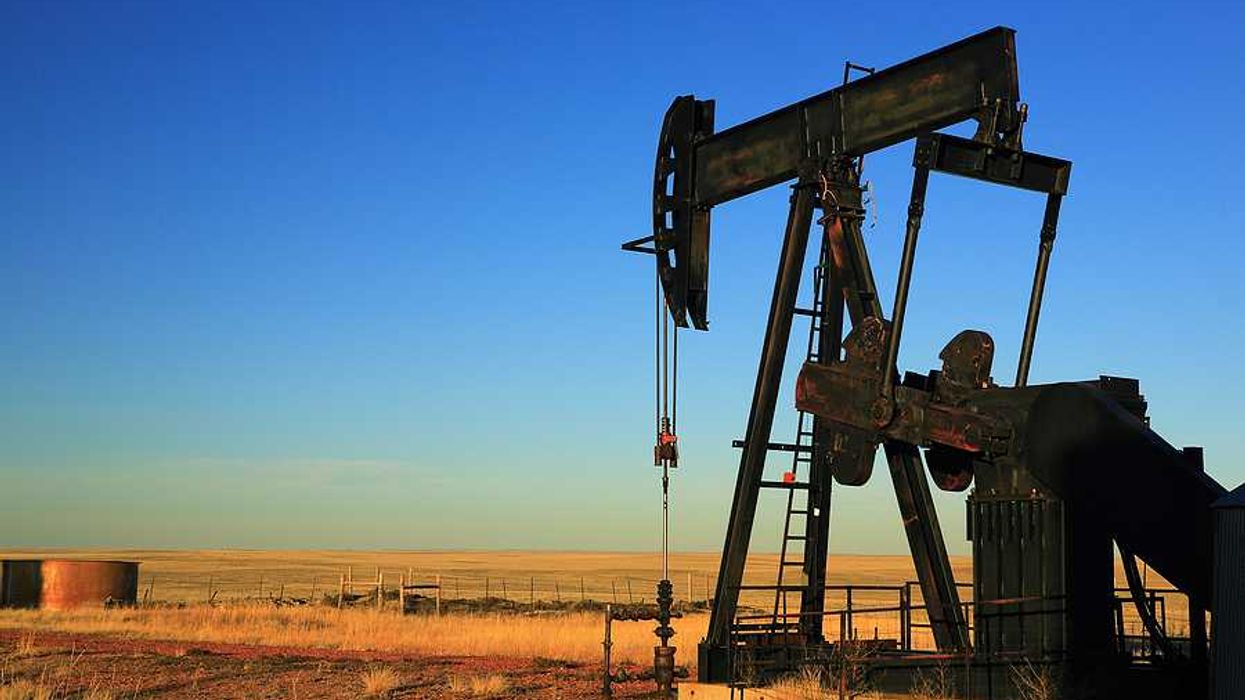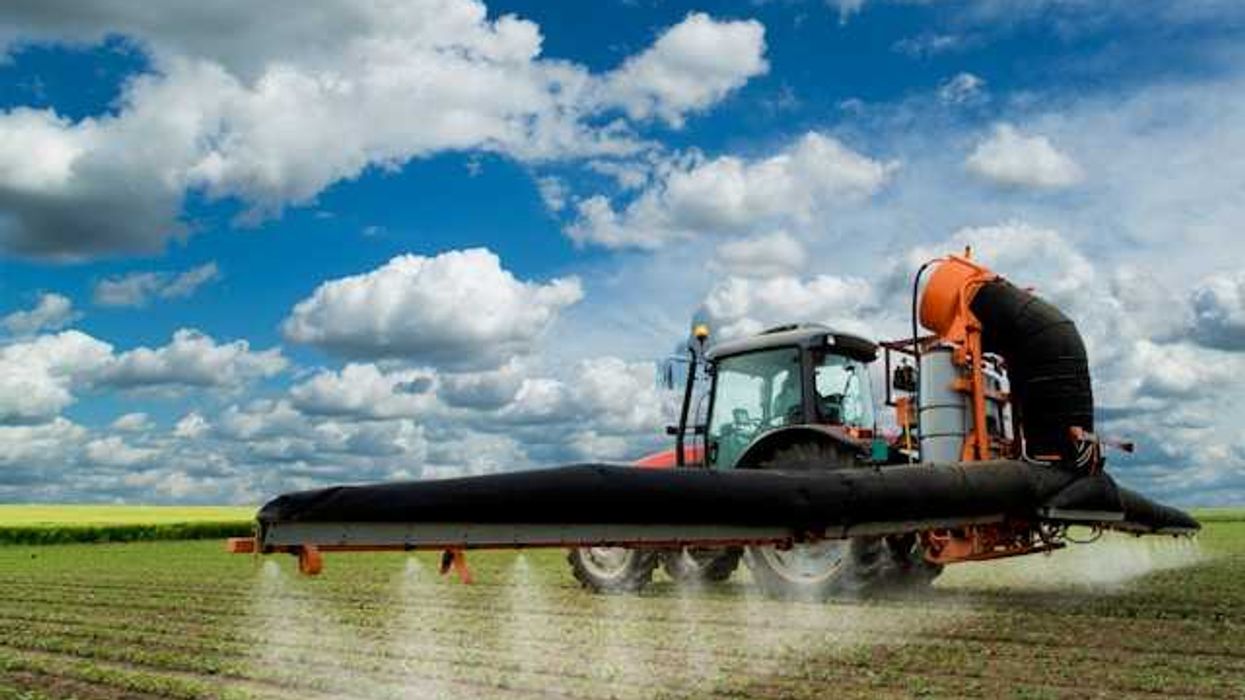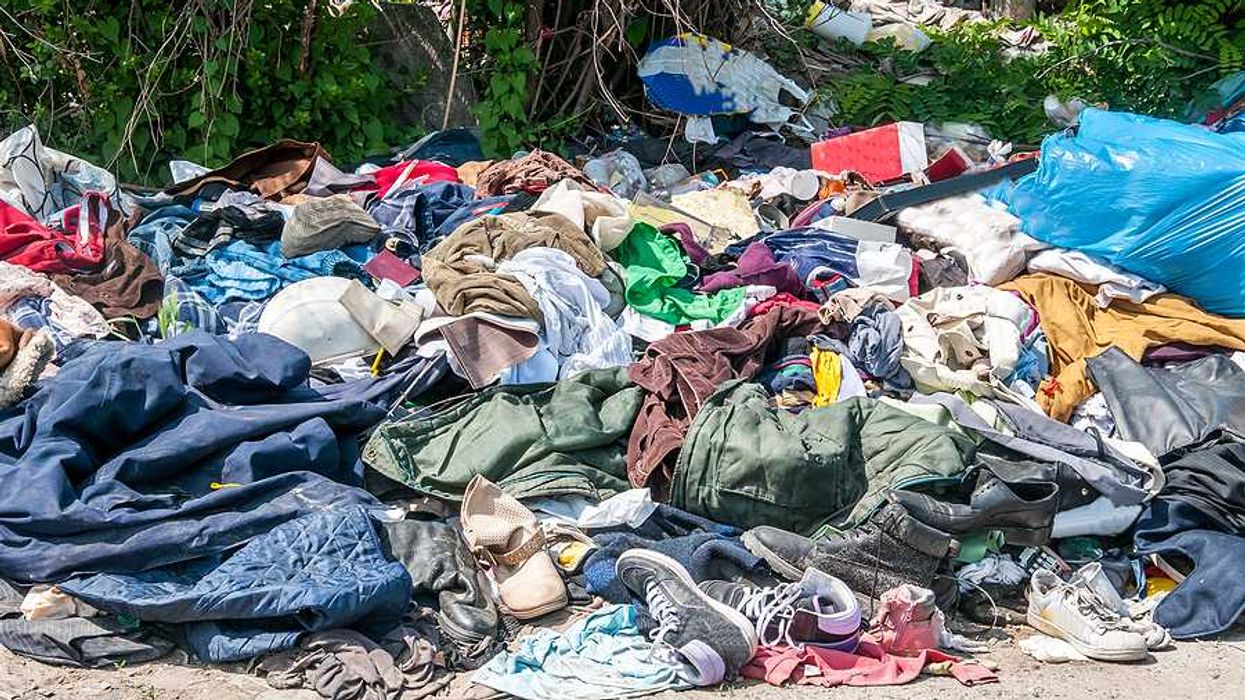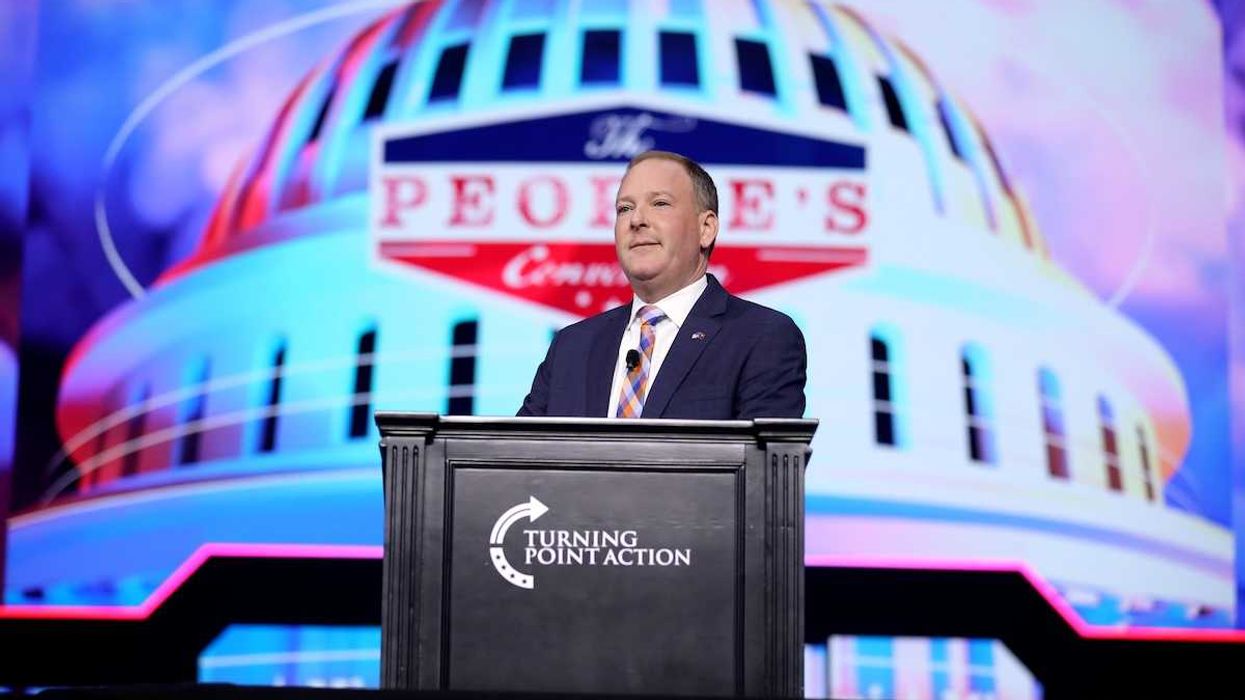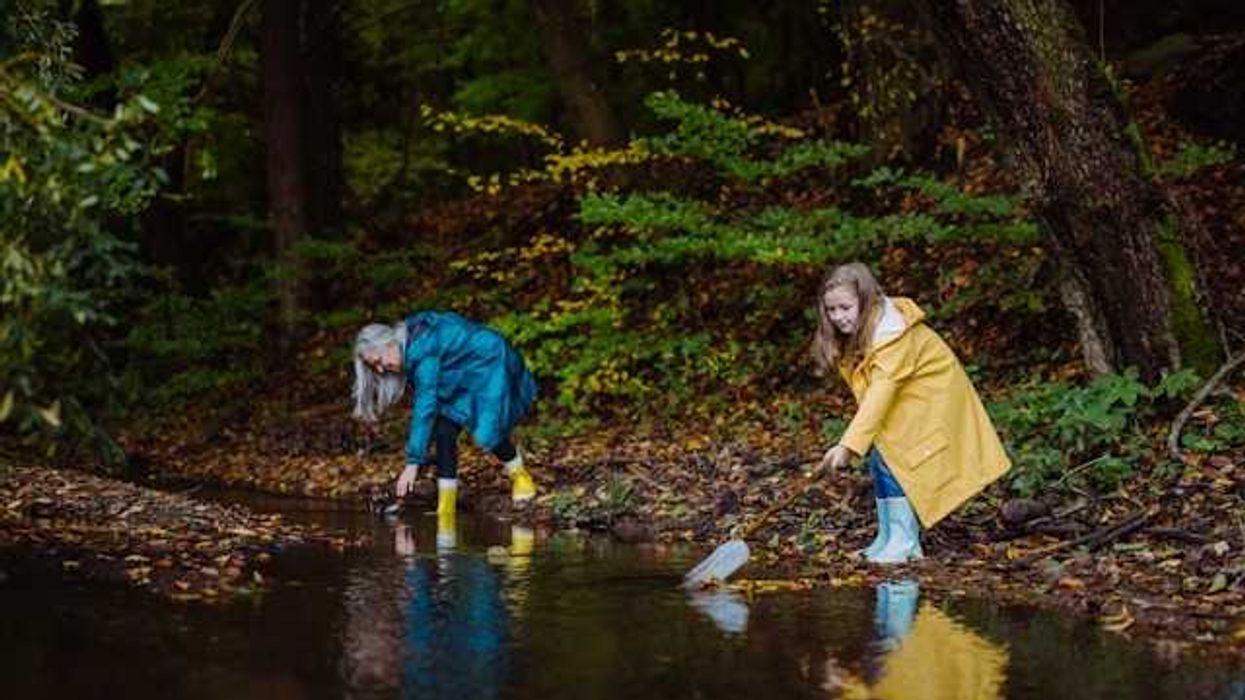In the last session of the Green Festival, a panel of writers, producers and scientists discussed the crucial role of storytelling in the climate movement and demonstrated how compelling narratives can drive environmental change.
In short:
- Dr. Shanna Swan presented alarming data on how environmental toxins are affecting human fertility, emphasizing the importance of communicating these issues effectively.
- Scott Z. Burns shared his experience as a producer for the Academy Award-winning 2006 documentary, "An Inconvenient Truth." emphasizing the need to connect emotionally with diverse audiences.
- Anna Jane Joyner highlighted her personal journey from the evangelical community to climate advocacy, stressing the emotional impact of storytelling.
Key quote:
"It's not just males. And it's not just semen quality. Men have other things to worry about, right? They worry a lot about the size of their genitals. They're getting smaller.”
— Dr. Shanna Swan, professor at Mt. Sinai & UCSF and senior scientist at EHS
Why this matters:
Storytelling can bridge the gap between scientific facts and public engagement, making complex environmental issues relatable and communicating urgency. By harnessing the power of narrative, advocates can inspire action and drive policy changes crucial for environmental protection.
To learn more about Dr. Swan’s research into links between toxic chemicals and fertility decline, listen to her fascinating conversation with EHN senior editor Brian Bienkowski.


